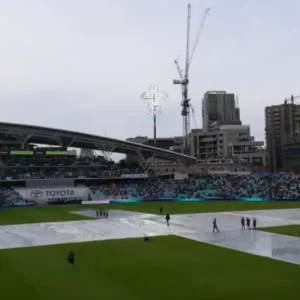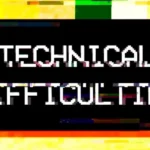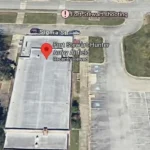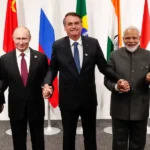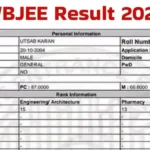In a dramatic escalation, Iran has launched missile attacks on Israel following alleged strikes on its nuclear facilities. Prime Minister Benjamin Netanyahu responded strongly, urging the Iranian people to stand up against their regime and warned of further retaliation.
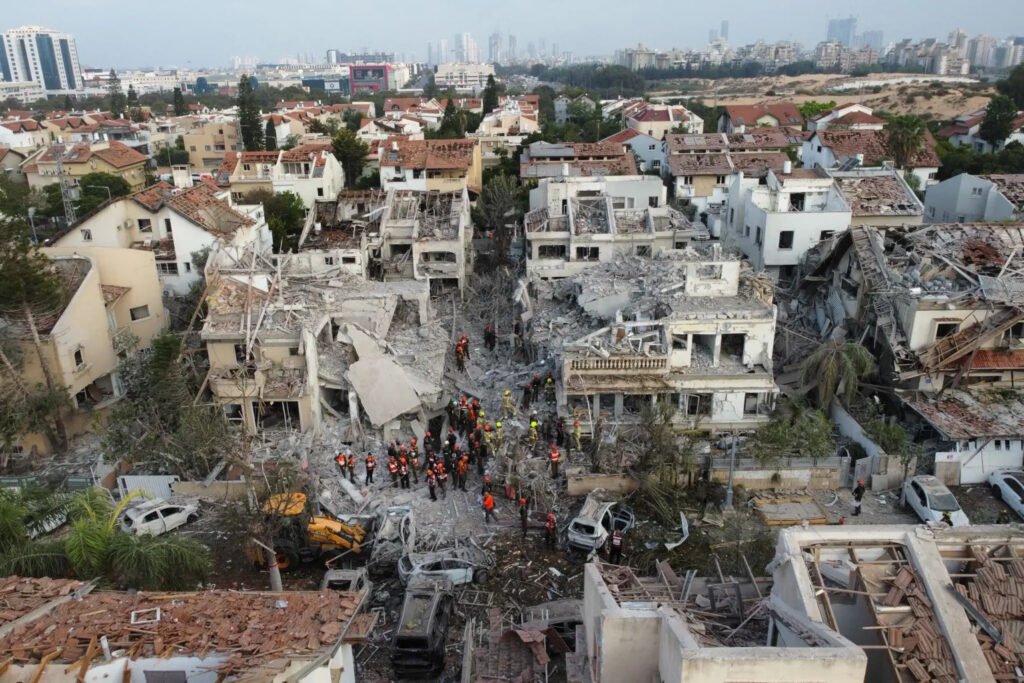
Image Sourc:bbc
Tensions in the Middle East reached a new high as Iran retaliated with a barrage of missile strikes on Israel, marking one of the most significant confrontations between the two nations in recent years. The offensive came hours after Iran confirmed attacks on its Fordow and Isfahan nuclear sites, reportedly causing structural damage.
Iran’s Revolutionary Guard claimed responsibility for the strikes, framing them as a direct response to what they termed as “Israeli sabotage operations” targeting Iran’s critical infrastructure. Missiles were fired towards southern and central Israel, triggering air defense systems in several cities, including Tel Aviv and Beersheba.
In a televised address, Israeli Prime Minister Benjamin Netanyahu confirmed the strikes and vowed decisive retaliation. He accused the Iranian regime of endangering regional peace and security and issued a direct appeal to the Iranian public:
“Your leaders are dragging you into unnecessary wars. Stand up to this regime before it brings ruin upon you.”
Israel’s Iron Dome defense system intercepted several missiles, though reports suggest minor damage in some areas. Civil defense protocols were activated, and bomb shelters were opened in multiple cities. No casualties have been officially confirmed at this stage.
In Iran, officials admitted that its Fordow underground enrichment facility and Isfahan nuclear research center had suffered “limited but serious” damage in earlier airstrikes. Though no entity has taken official responsibility for those attacks, Iranian state media and military sources have blamed Israel.
International response has been swift. The United Nations called for restraint on both sides, while global powers including the U.S., Russia, and the EU expressed concern about the risk of a broader conflict. Analysts warn that this could be the beginning of a prolonged period of tit-for-tat escalations if diplomacy is not immediately pursued.
The broader geopolitical implications are significant. Israel and Iran have long been locked in a shadow conflict, with cyberattacks, sabotage missions, and proxy wars being the norm. However, direct missile exchanges indicate a dangerous shift towards open warfare.
As Israel prepares for “Phase Two” of its response, the world watches anxiously. Regional allies are on high alert, and global oil prices have surged amid fears of instability in the Strait of Hormuz.
-
Iran fires missiles on Israel in retaliation for attacks on nuclear sites
-
Fordow and Isfahan nuclear facilities in Iran reportedly damaged
-
Israel activates defense systems, issues warning to Iranian leadership
-
Netanyahu appeals to Iranian citizens to challenge their government
-
UN and world leaders call for immediate de-escalation
-
No confirmed fatalities at the time of writing
-
Tensions threaten to spiral into a wider regional conflict



